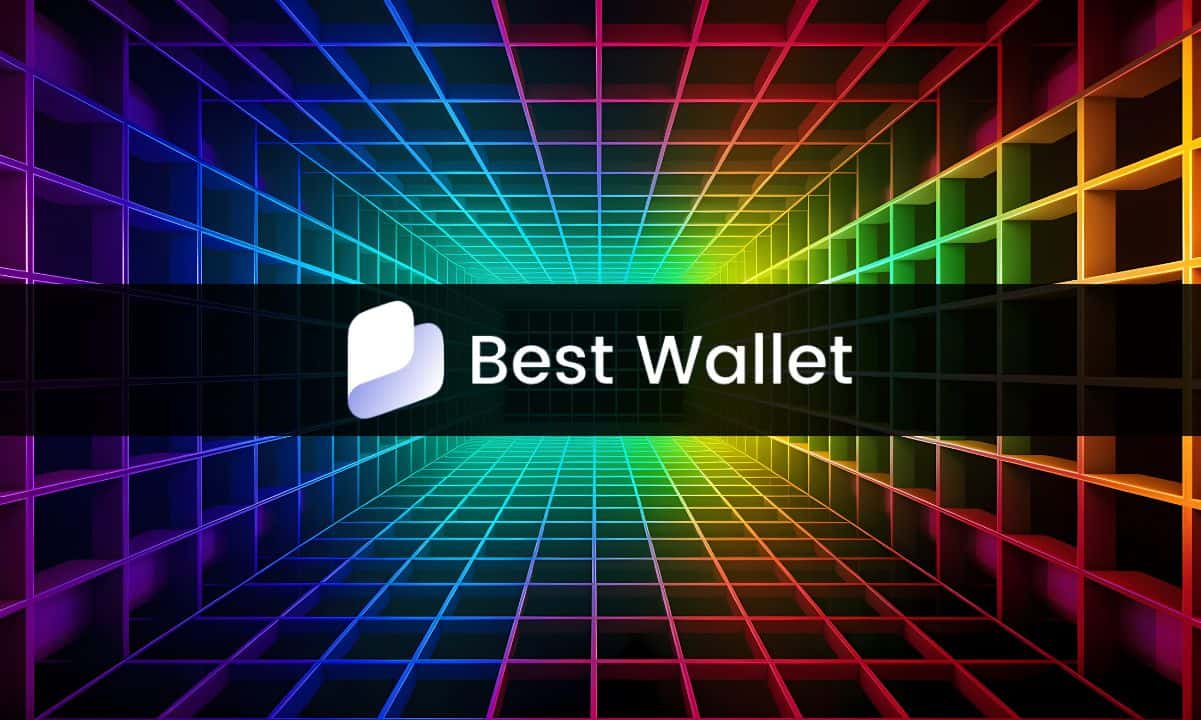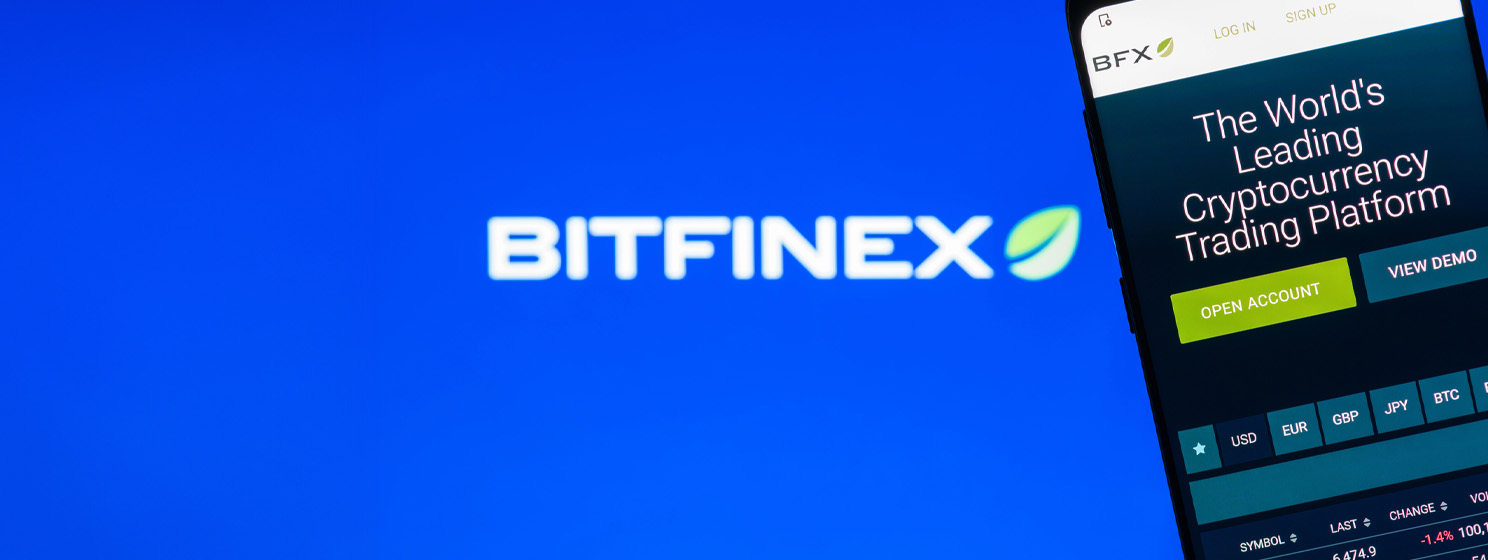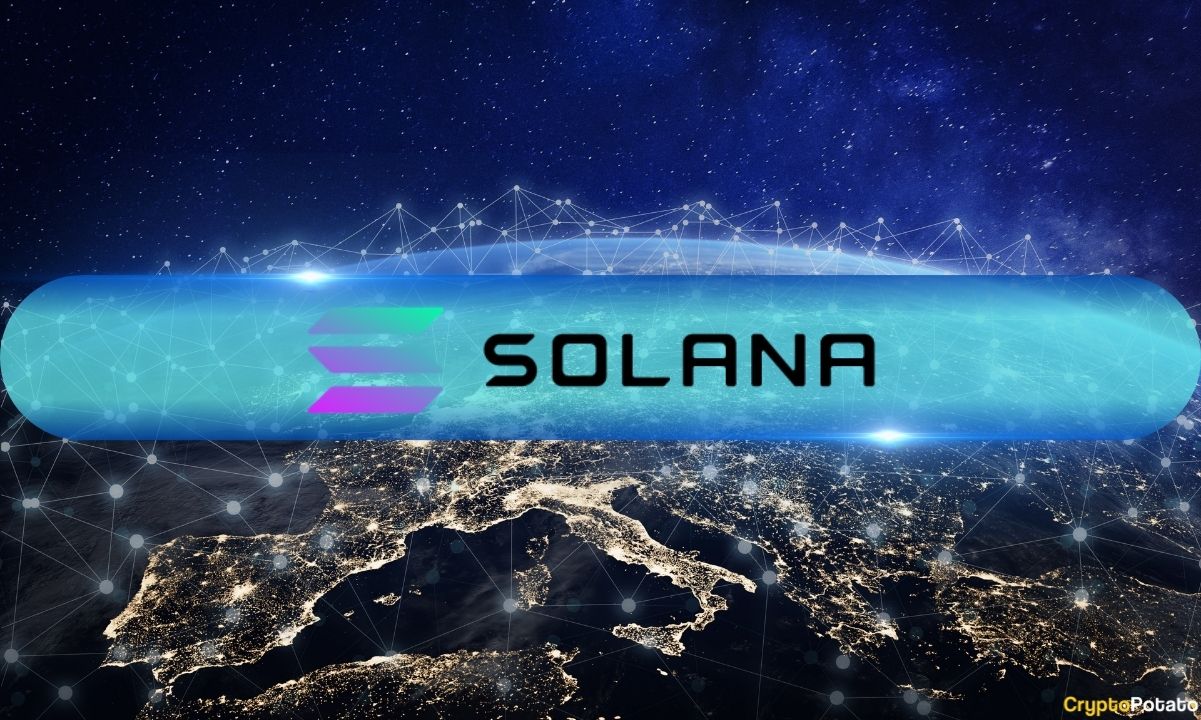Now, welcome blockchain technology into the picture, an already disruptive force across financial services to entertainment. It can now also bring new life to loyalty programs by solving many of their most persistent pain points.
Blockchain-based loyalty programs grant customers more ownership over their rewards in the form of secure, transferable digital tokens, sometimes worth more value. With blockchain, brands can build much more interesting, flexible rewards programs that will attract new customers and build deeper, longer-term customer loyalty.
The Basics of Blockchain Technology in Loyalty Programs
One of the most appealing features blockchain offers is tokenization. Tokenized rewards work like digital assets, meaning customers can earn, store, and transfer tokens between wallets. This flexibility can reshape how customers interact with loyalty programs.
Tokens aren’t limited to a single brand; instead, they can be designed to work across various participating brands, giving customers more freedom and a wider range of options. Unlike traditional rewards points, tokens don’t lose their value over time, offering customers lasting value.
Advantages of Blockchain-Powered Loyalty Programs
Interoperability and Flexibility
In traditional programs, customers are limited to redeeming points with the issuing brand, sometimes even a specific branch or location. Blockchain loyalty programs, however, introduce interoperability, which means rewards are usable across different brands.
This flexibility adds significant value for customers who want diverse options without joining multiple loyalty programs. Imagine being able to redeem points from your favorite coffee shop for discounts at an online retailer, all thanks to interoperable blockchain tokens.
Enhanced Customer Engagement
Unlike static points that sit in a customer’s account, blockchain tokens offer real-world value. Customers can trade, share, or even sell tokens, encouraging them to stay engaged with the brand. Blockchain programs can also include gamified elements—milestones that customers unlock by reaching certain levels or earning specific types of tokens. These features go beyond point accumulation, inviting customers to interact with the brand frequently and meaningfully.
Reduced Costs for Brands
Blockchain loyalty programs bring efficiency for brands as well. Using smart contracts, which are self-executing agreements on the blockchain, brands can automate many processes. Smart contracts can verify customer purchases, calculate rewards, and distribute tokens without manual intervention, reducing costs. Plus, by removing the need for intermediaries, blockchain loyalty programs cut down on transaction fees and administrative costs.
Driving Brand Loyalty Through Blockchain Rewards
Creating Ownership
When rewards come in the form of digital assets with actual value, customers often feel a greater sense of ownership. This ownership transforms loyalty from something passive into an active relationship. Customers feel connected to the brand and more invested in its success, which can lead to repeat interactions and longer-lasting loyalty.
Encouraging Repeat Engagement
This allows for gamification, where customers can achieve achievements or unlock certain rewards by reaching a particular milestone. It is these types of rewards that will have customers wanting to return regularly to see what new rewards they can achieve or how they may be able to utilize existing tokens. Customers who remain engaged will develop a much stronger connection with the brand.
Community Building
Brands can create a community of loyal customers who share and exchange tokenized rewards. When customers connect over a common loyalty program, they form a sense of community, boosting brand loyalty even further. This network effect is especially powerful in blockchain programs, where tokens can facilitate shared ownership, creating a unique way to build community and drive engagement.
Blockchain Loyalty Programs Real-World Use Cases
Many companies are already using blockchain to modernize their loyalty programs. Here are a few examples: These companies have found that blockchain loyalty programs offer improved customer engagement, flexibility, and brand loyalty through innovative rewards approaches.
Brand | Industry | Blockchain Loyalty Approach |
Starbucks | Coffee | Uses blockchain to track customer loyalty points and support a shared customer rewards system. |
Singapore Airlines | Airlines | Launched a blockchain-based loyalty wallet where points are transferable and don’t expire. |
Financial Services | Enables rewards points to convert into tokens, redeemable across various partnered brands. |
Challenges and Future Potential
Adoption Hurdles
Despite the advantages, blockchain loyalty programs face challenges. Blockchain technology is still relatively new, and many companies may find integration challenging and costly. Customers may also hesitate, as some are unfamiliar with blockchain technology or may not see the immediate value. Overcoming these obstacles requires both clear communication and customer education.
Future Trends
Looking forward, blockchain loyalty programs could integrate with the metaverse, providing even more unique experiences and rewards. For example, brands could offer NFT-based rewards, which are digital assets that customers can use in virtual worlds or as collectibles. Such trends could transform loyalty programs into immersive, engaging experiences, where customers can explore brand interactions in entirely new ways.
Blockchain has immense potential to revolutionize loyalty programs. By addressing the common issues of traditional rewards systems and offering a flexible, engaging alternative, blockchain-powered loyalty programs create a more compelling relationship between customers and brands. As more businesses explore this technology, those who adopt it early have a chance to deepen customer engagement and foster long-term loyalty in innovative ways. For brands ready to stand out, blockchain loyalty programs may be the way forward.

















 English (US) ·
English (US) ·